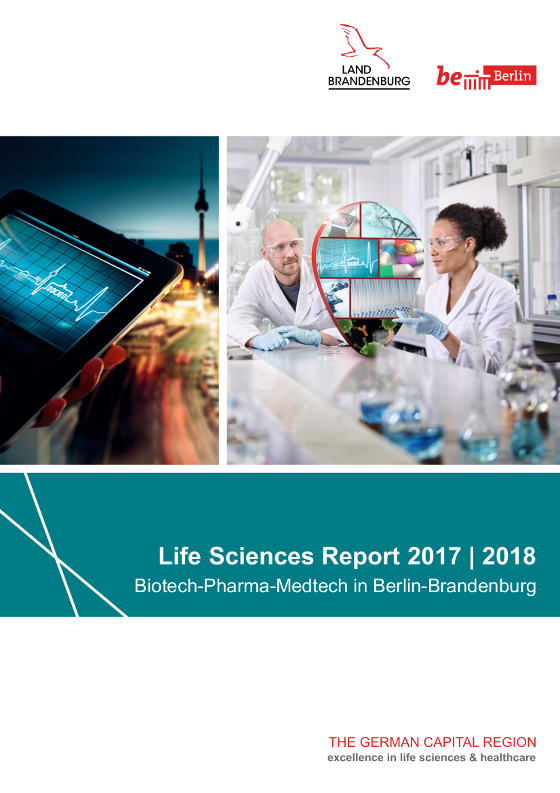 The healthcare industries cluster - HealthCapital Berlin-Brandenburg celebrates its 10 years anniversary. However, the tradition of the joint work of the States of Berlin and Brandenburg in the field of biotechnology and medical technology already goes back more than 20 years. During this time, the German capital region developed into one of the most dynamic metropolitan areas in Europe that stands for cosmopolitanism, innovation, creativity, and start-ups.
The healthcare industries cluster - HealthCapital Berlin-Brandenburg celebrates its 10 years anniversary. However, the tradition of the joint work of the States of Berlin and Brandenburg in the field of biotechnology and medical technology already goes back more than 20 years. During this time, the German capital region developed into one of the most dynamic metropolitan areas in Europe that stands for cosmopolitanism, innovation, creativity, and start-ups.
Dynamism alone, however, is not enough to master a successful future. The capital region is also transforming its dynamic development into high-quality growth in science and industry. In the case of the healthcare industries, it is already a world leader in many areas. This is true for topics such as digital health, as well as structures e.g. the Berlin Institute of Health (BIH). And this is especially true for the many large and small companies that occupy top positions in their respective markets.
The new Life Science Report of the Berlin-Brandenburg region describes development in the pharmaceutical, biotechnology, and medical technology sectors, which once again grew by 7% in the last two years. It also shows exciting new developments and numerous opportunities for cooperation with hospitals, businesses, universities, and networks.
Download: Life Sciences Report 2017-2018: Biotech-Pharma-Medtech in Berlin-Brandenburg (6.537 KB).
Download from eHealthNews.eu: Life Sciences Report 2017-2018: Biotech-Pharma-Medtech in Berlin-Brandenburg (6.537 KB).